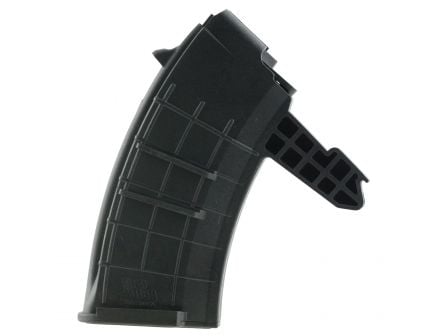Backcountry hunting presents an adventure that tests both physical endurance and mental resilience. Venturing into remote wilderness areas in pursuit of game demands not only skill but also a deep respect for nature. To ensure a safe, ethical, and successful hunt, having the right gear is paramount. Here we delve into the essential gear for backcountry hunting, emphasizing its importance for navigation, sustenance, safety, and environmental stewardship.
Navigation
- GPS Device: Modern GPS devices are invaluable for backcountry navigation, offering precise location tracking, waypoint marking, and route planning. They can prove lifesaving in unfamiliar terrain or in case of disorientation.
- Map and Compass: Despite technological advances, the traditional map and compass are indispensable. They do not rely on batteries or satellite signals, making them reliable backup navigation tools.
Clothing and Footwear
- Layered Clothing: Conditions in the backcountry can change rapidly. Layered clothing allows for easy adjustment to temperature and activity level, helping to maintain comfort and prevent hypothermia.
- Waterproof and Breathable Gear: Waterproof jackets and pants protect against rain and snow, while breathable materials prevent overheating and moisture build-up.
- Quality Hunting Boots: Durable, waterproof hunting boots with good ankle support are essential for traversing rugged terrain and protecting your feet from moisture and cold.
Shelter and Sleep System
- Lightweight Tent: A lightweight, weather-resistant tent provides essential shelter from elements, offering a dry, warm place to rest.
- Sleeping Bag and Pad: A quality sleeping bag rated for the lowest temperatures you expect to encounter, paired with an insulated sleeping pad, will ensure restful sleep and protection from the cold ground.
Food and Water
- Portable Water Filter/Purifier: Access to clean water is critical. Portable water filters or purifiers can make natural water sources safe to drink.
- High-Energy, Lightweight Food: Pack high-calorie, lightweight food such as dehydrated meals, nuts, and energy bars. These provide the necessary energy without adding excessive weight to your pack.
Hunting Equipment
- Reliable Firearm or Bow: Choose a weapon that you are proficient with and is suitable for the game you are pursuing. Ensure it’s well-maintained and sighted-in before your trip.
- Ammunition and Arrows: Bring a sufficient supply of ammunition or arrows, considering both the length of your trip and the likelihood of needing multiple shots. Including Promag magazines or accessories can enhance your firearm’s reliability and capacity, essential for extended stays in the wilderness.
Safety and First Aid
- First Aid Kit: A comprehensive first aid kit tailored to your group’s size and the duration of your trip is crucial. Include items for treating injuries and illnesses that could occur in the wilderness.
- Emergency Beacon or Satellite Messenger: These devices can send distress signals and enable communication with emergency services, even in areas without cell service.
Tools and Miscellaneous
- Multi-Tool and Hunting Knife: A sturdy hunting knife is essential for field dressing game, while a multi-tool can handle various tasks, from gear repair to meal prep.
- Headlamp and Batteries: A reliable headlamp frees your hands for tasks in the dark, and extra batteries ensure that you’re never without light.
Conservation and Ethics
- Game Bags: Breathable, reusable game bags help protect harvested meat from contamination and spoilage during transport.
- Leave No Trace Principles: Familiarize yourself with and practice Leave No Trace principles to minimize your impact on the natural environment.
Planning and Preparation
Beyond assembling your gear, thorough planning and preparation are vital components of a successful backcountry hunt. Research your destination, understand the local regulations and game species, and prepare physically for the demands of the hunt. Familiarize yourself with your gear before your trip, ensuring everything is in working order and you know how to use it.
Conclusion:
Backcountry hunting is an enriching experience that connects us with the wilderness and our ancestral hunting heritage. The right gear not only contributes to the success of the hunt but also ensures safety, comfort, and respect for the natural world. By carefully selecting and familiarizing yourself with your essential gear, you set the stage for a rewarding and sustainable hunting adventure. Remember, the goal is not just the harvest but also the journey and the respectful interaction with nature.



































Discussion about this post